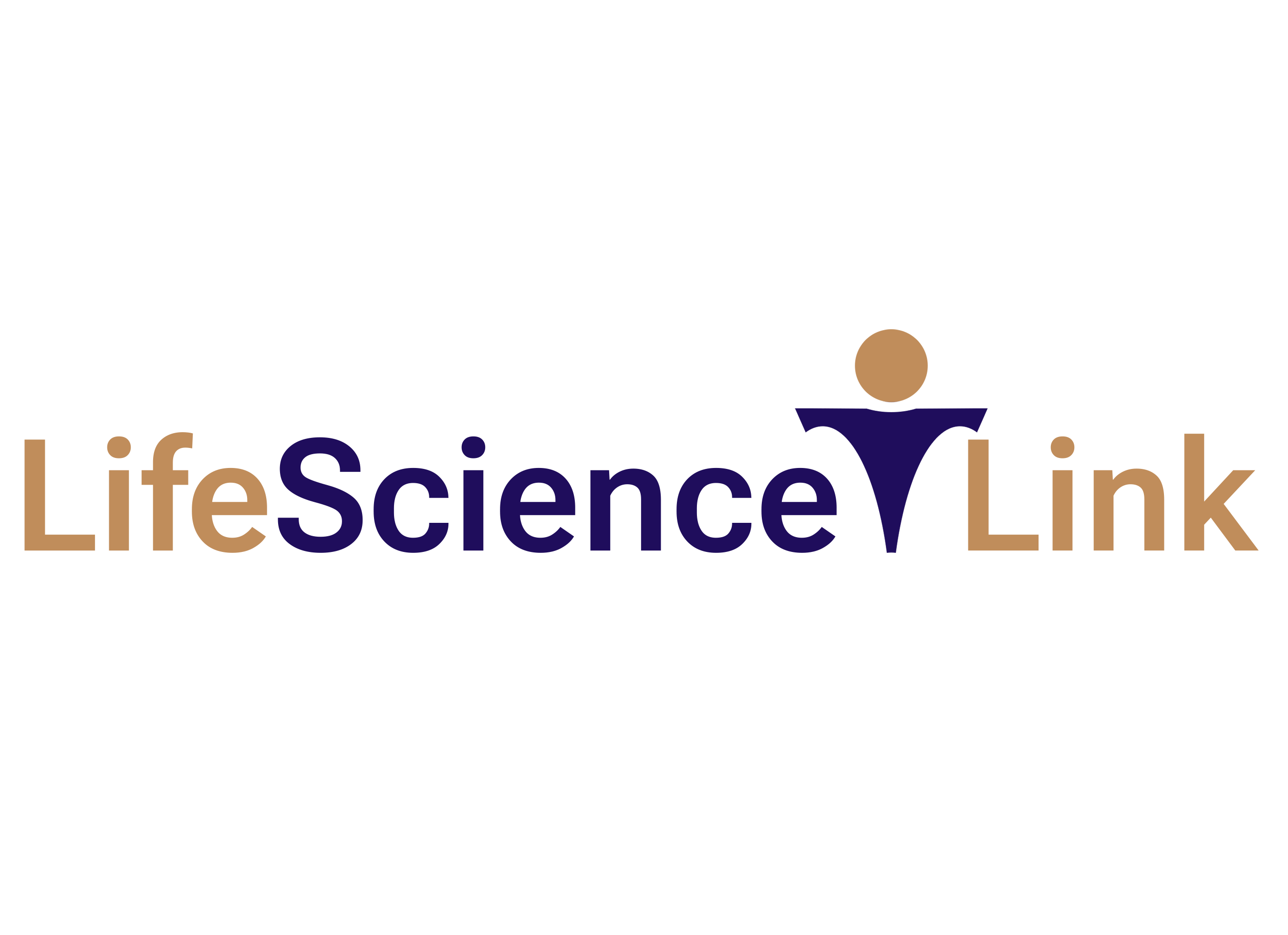Introduction
The pharmaceutical landscape is witnessing a paradigm shift with the integration of artificial intelligence (AI) into clinical development processes. This article delves into the transformative potential of AI in revolutionizing drug discovery and optimizing clinical trials for improved patient outcomes.
The Impact of AI in Clinical Development
AI technologies, including machine learning and deep learning algorithms, have emerged as powerful tools in pharmaceutical R&D. By leveraging AI-driven analytics, researchers can sift through vast datasets to identify novel drug targets, predict treatment responses, and streamline trial designs. This data-driven approach not only accelerates the drug development process but also enhances decision-making by providing valuable insights into patient demographics, disease progression, and treatment outcomes.
Precision Medicine: Shaping Trial Design
Precision medicine heralds a new era of personalized healthcare, necessitating tailored approaches to clinical trial design. AI enables the identification of patient subpopulations most likely to benefit from specific treatments, facilitating more targeted enrollment strategies and optimizing trial protocols. By incorporating AI-driven precision medicine techniques, pharmaceutical companies can maximize the efficacy of their therapies while minimizing patient recruitment challenges and trial costs.
Real-World Data: A New Frontier
The proliferation of real-world data (RWD) presents a wealth of opportunities for advancing clinical development initiatives. AI-driven analysis of RWD allows researchers to gain insights into treatment effectiveness, patient adherence, and real-world outcomes. By harnessing RWD alongside AI technologies, pharmaceutical companies can generate robust evidence to support regulatory approvals, refine treatment strategies, and identify unmet medical needs within diverse patient populations.
Optimizing Drug Development with AI
AI serves as a catalyst for optimizing every stage of the drug development lifecycle. From target identification to trial endpoint optimization, AI-driven approaches enhance efficiency and inform strategic decision-making. By embedding AI into clinical development workflows and investing in data-driven capabilities, pharmaceutical companies can accelerate the pace of innovation and deliver safer, more effective therapies to patients worldwide.
Challenges and Future Directions
Despite the promising potential of AI in clinical development, several challenges remain. Data privacy concerns, regulatory hurdles, and the need for interdisciplinary collaboration pose significant barriers to widespread adoption. Moving forward, stakeholders must work collaboratively to address these challenges and establish robust frameworks for AI integration in clinical research. By fostering a culture of innovation and embracing emerging technologies, the pharmaceutical industry can unlock new avenues for drug discovery and usher in a new era of patient-centered care.
Conclusion
In conclusion, AI holds tremendous promise for transforming clinical development and driving advancements in precision medicine. By leveraging AI-driven analytics and harnessing the power of real-world data, pharmaceutical companies can accelerate the pace of drug discovery, optimize trial efficiency, and improve patient outcomes. As AI continues to evolve, so too will its impact on the pharmaceutical landscape, paving the way for more effective treatments and better healthcare outcomes for all.

